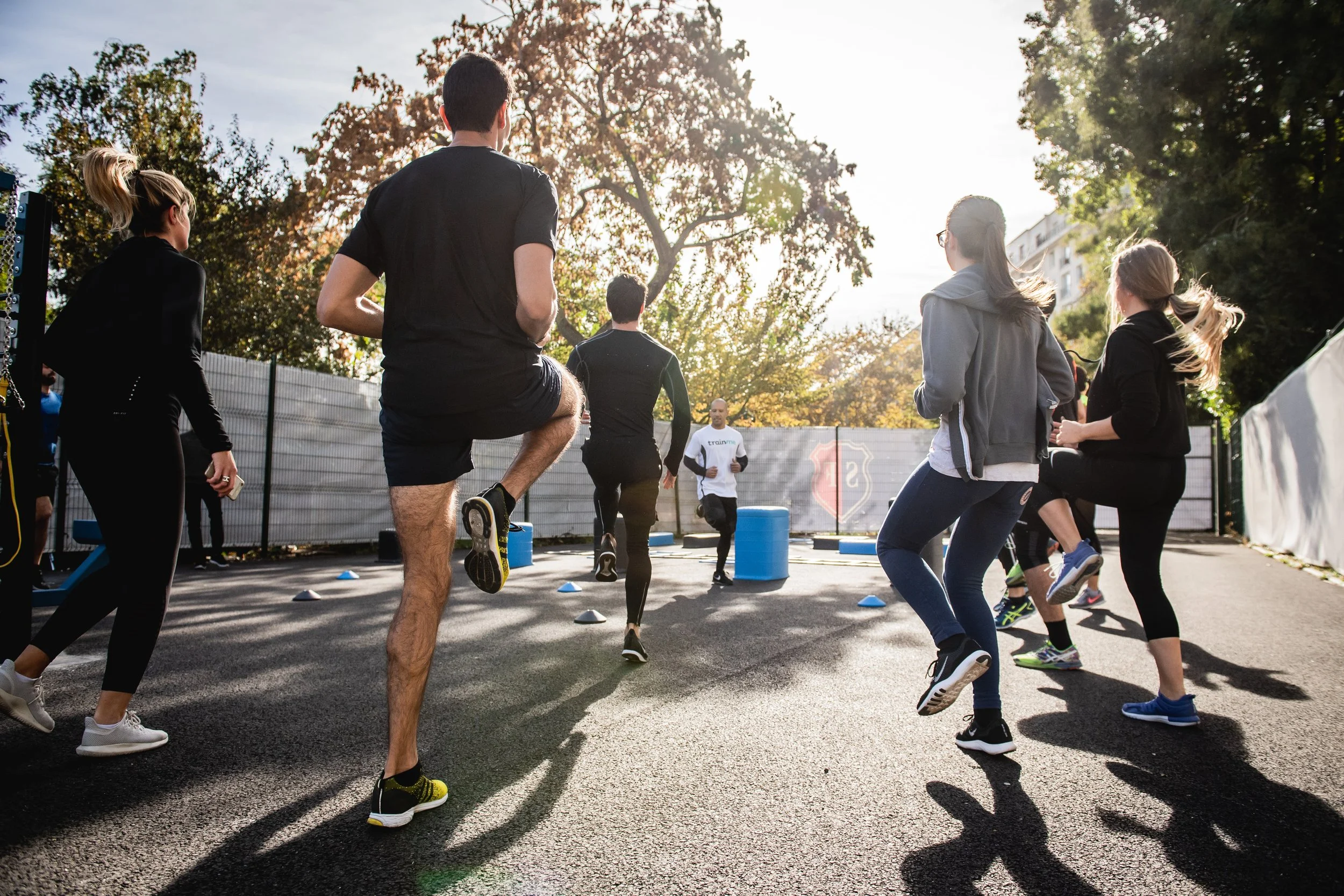Seven Tips to Prepare for University
With each new year, I resolve to make this my most prepared year ever, but often that thought alone fills me with overwhelm and pressure.
Last year I switched universities. One of the most significant changes of this transition was that I would get almost 12 weeks of Summer holidays at the end of the year. Yep, almost three months of carefree living. No university schedule, life without assessment stress, I couldn’t wait. But alas, that time has ended, and here we are less than a week away from O-week.
The excitement of reuniting with friends, returning to campus, and beginning a new academic year starts to fill my mind. It is quickly dampened by flashbacks of 10-hour days in the library, cramming 13 weeks of content into my brain, and sustaining myself on 8 cups of coffee daily (just me?).
However, despite the inevitable academic challenges ahead. I’m confident that with a little bit of preparation, a touch of organisation, and some handy tips from the USC Psychology club, the transition into the academic year can be smooth. You can start it with a sense of calm and confidence.
Okay, but how!? Look, I don’t have the magic answer, but I have seven tips below that I’ve learned at university that may help get you started!
Tip 1: Establish a Routine
One of the biggest challenges after a long holiday is getting back into a routine.
During the holidays, our daily routine often becomes more relaxed and less structured, making it difficult to adjust to the demands of university life.
To ease the transition, start by establishing a routine a few weeks before the start of the academic year. This could involve setting aside time for studying, exercise, and social activities and intentionally doing them.
As you slip back into your routine, gradually increase the time dedicated to studying while decreasing the time spent on leisure activities. Repeat this daily until you have a routine similar to during the academic year. This will allow you to ease back into the grind of those long hours of studying without it feeling jarring.
It’s no fun and unrealistic to expect yourself to manage long days of intense focus after having so much time off. Think of it like running; you start running around the block and slowly increase the distance. Over time, you can run 10km despite only being able to run 10m when you began.
Tip 2: Get Organised
Organisation is a pillar of success at university.
Make a list of all the things you need to do before the start of the academic year, including enrolling in courses, purchasing or downloading textbooks, and catching up on any course-related emails. Oh, and also checking the USC Psych club Facebook for any upcoming events!
Regarding daily and weekly tasks, make sure to prioritise tasks based on their level of importance. A handy method to do this is the ABC method - A tasks being the most important and C tasks being the least. Work through your to-do list and assign a letter to each, then work through it from A to C.
Use a planner or calendar to keep track of deadlines and appointments. Everybody has their preferred method, so use the method that works for you! Personally, I prefer to use google calendar with phone alerts to schedule my classes, seminars and study groups. However, you may prefer a physical diary or something else.
Tip 3: Familiarise Yourself with the Course Material
The weeks leading into semester are a great opportunity to familiarise yourself with the course material for the upcoming academic year.
If you have a course outline, take the time to read through it and make a note of any important dates, assignments, and exams. Write these dates somewhere that you can always see. I write them on a whiteboard in my room at home, then take a photo, so I’ve always got it with me.
Try to complete any pre-reading or online course modules before the start of the academic year. This will help you get ahead and feel more confident when classes start. If anything is unclear or confusing to you, you can email the course coordinator beforehand or come to the first class with questions ready.
Tip 4: Reach out to your Course Coordinators and Attend all your Classes!
This tip is one that I don’t feel enough students utilise. I didn’t until the end of my second year of study!
Contact your course coordinators with questions or concerns about the upcoming academic year. Many are happy to answer questions via email or during office hours, which can be a great way to get a head start on the academic year.
Contacting your tutors and course coordinators early can also break the mental barrier that builds across the semester—that way, as the semester progresses and you have any questions, you know you can contact them directly or organise a meeting.
Throughout the semester, ensure you attend all classes and workshops. Regularly attending your classes can help to establish social connections, and you will learn extra tips/tricks about the content or how to approach your assignments. Regularly attending your classes can also help you to feel more “in control”, preventing feelings of overwhelm!
Tip 5: Stay Active
I might lose some of you here but stay with me.. physical activity is important for both physical and mental health.
During the holidays, our exercise routines can often become less structured, so it's important to establish a routine before the start of the academic year.
I’m not telling you to join a weightlifting team. However, this could involve joining a social sports team, taking regular exercise classes, or simply going for a daily walk before, during or after studying.
Regular exercise will help you maintain a healthy balance between study and leisure time, reduce stress, and can improve your overall well-being.
Tip 6: Stay Connected
Staying connected with friends, family, and other students is important for maintaining good mental health. While it can be tempting to spend all your time studying, it's important to make time for social activities.
This could involve regular catch-ups with friends, getting involved with any of the numerous social events of the student guild, participating in community or volunteer events, or simply spending time with family and those close to you!
In the busier periods, this could even be studying socially. For example, the Psychology club runs weekly study sessions that afford an environment where psychology students can ask for assistance while getting their assessment or coursework done.
Tip 7: Take Time to Relax
Finally, make sure to take time to relax and recharge. Of all the tips, I’m most guilty of not adhering to this one.
When the semester gets busy, it feels like everything except for university must take a back seat. However, this couldn’t be further from the truth.
While your university studies will likely be your top priority, it is no excuse to completely neglect other aspects of your life, such as downtime. That extra hour of work you plan to do when you get home instead of spending time with your family might not be worth it when it’s the 4th night in a row you’ve done it.
The trick here is to be intentional with your downtime. This could involve taking a break from studying, going for a walk, or simply taking some time to do something you enjoy. Relaxation is important for maintaining good mental health and it will also help you to perform better in your studies over the long term.







